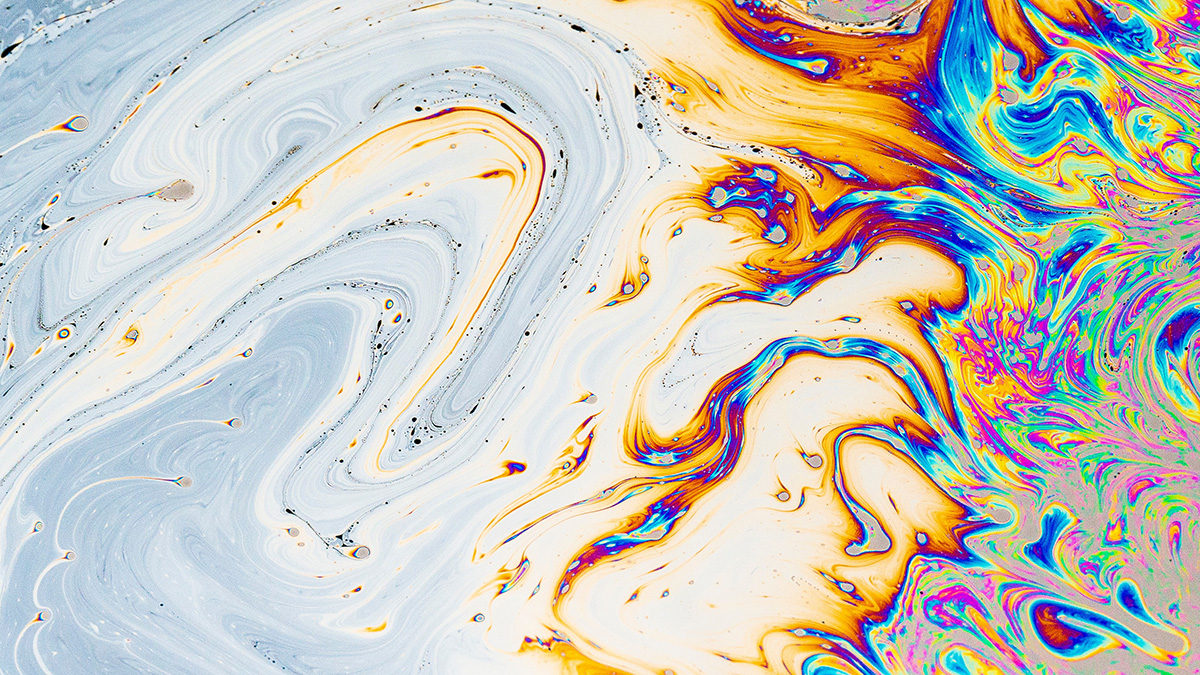At GreenVita we always give you the best advice to take care of our diet and lead a healthy and active life. Our philosophy and values always lead us to use products that are top quality, seasonal, Km0, ecological and 100% natural. Therefore, our food is intrinsically supportive of the health and care of our body. For this reason today we want to talk about something very important, that the media has been echoing lately: Environmental health and the problem of plastics.
Pollution by plastic has become one of the most worrisome environmental problems, since the increase in the production of these products has come to exceed the capacity of the world to dispose of them.
Plastic bags and food wrappers, for example, have a useful life of minutes to hours, but they persist in the environment for hundreds of years. It is estimated that they can take at least 400 years to decompose. However, supermarkets present us with a picture as integrated in our retinas as it is alarming.
Finding a plastic bag floating in the sea is something so common to see, that it seems to have become banal, and unfortunately this is just a small visible fraction of the problem.
Microplastics result from plastic objects that, when exposed to the sun, water, wind and other adversities, end up decomposing the material and reducing it to tiny particles. These spread through the water column and have been found in all corners of the planet, from Everest, the highest place, to the Mariana Trench, the deepest point. Likewise, plastic microfibers have been discovered in municipal drinking water systems and traveling in the air.
This situation is affecting the entire planet in a devastating and silent way. There is evidence that plastic has affected 700 species, including edangered species. Not only ending their lives, but the animals that we eat have been consuming plastic for the length of their lives, and this ends in our body. Hence, scientists have detected that it is possible that humans could be consuming between 39,000 and 52,000 particles of microplastics per year. Adding estimates of the amount of microplastics that we could inhale, this figure amounts to more than 74,000 …
At this point, how can we contribute to the reduction of this type of waste?
- Recycling: We can’t make the plastic that we have already bought go away, but we can recycle it, so that it is reused for other purposes and thus avoid the production of new plastic.
- Buying products without plastic: Purchasing in the market, where the products are sold in bulk and from hand to hand, can be a good strategy, plus it is a product of proximity and seasonal, which gives added value to its quality.
- Replacing your plastic bags: Recycle the plastic you have and start using mesh or cloth bags, nowadays there are more brands that distribute them and, besides … There are very cute ones!
- Taking cleaning walks: If you are one of those who like to walk, take advantage of that to help in the maintenance of beaches and fields. It not only helps to reduce plastic waste in natural areas, but helps to prevent fires in the case of forests if you find any other residue such as crystals.
- Buying and consuming in eco-friendly places: At GreenVita we are fans of eco-friendly products, so in our variety of proposals you will find not only exquisite dishes, but also respectful with the environment.
As always, at GreenVita we would like to remind you of the importance of being aware of the impact of our actions on the planet and invite you to integrate in your day-to-day customs that, although they may seem insignificant, they count towards contributing to taking care of our environment and proportionally our health.
Taking care of the planet means taking care of oneself! Welcome to our universe!



